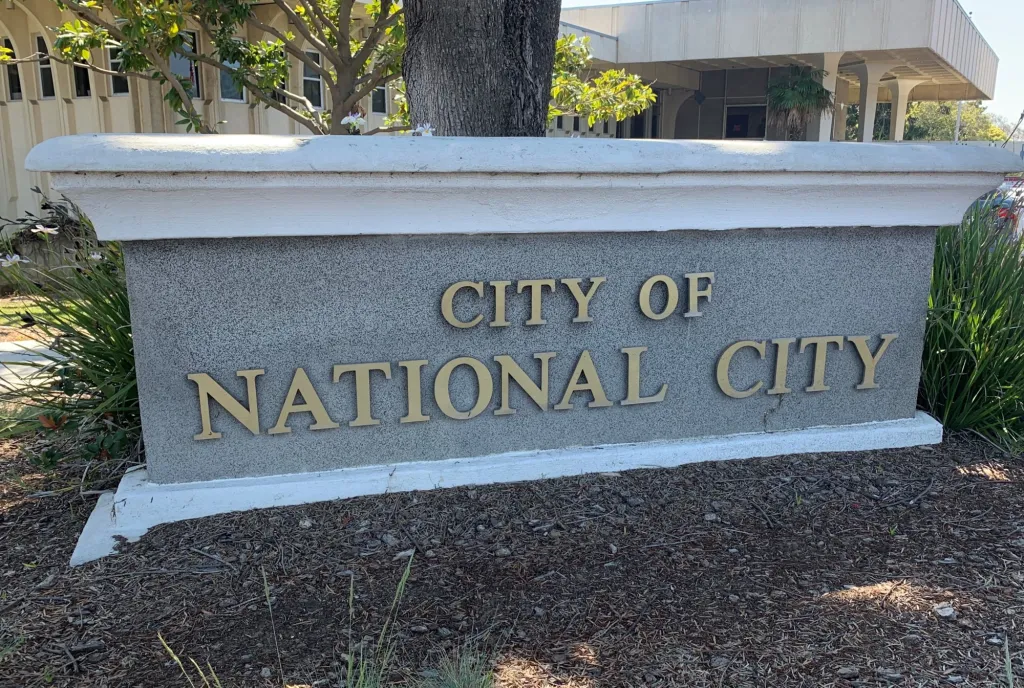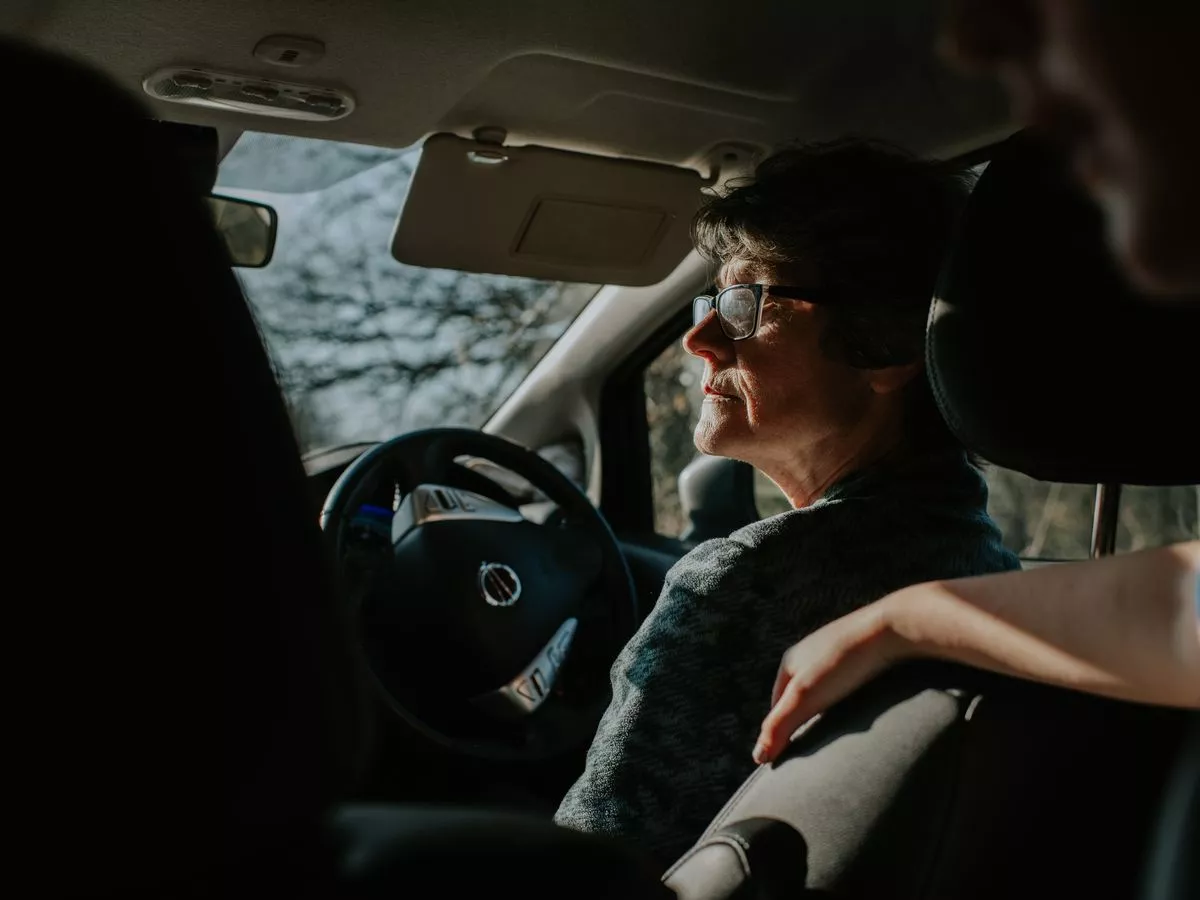Copyright San Diego Union-Tribune

The National City Council voted unanimously Tuesday to deny a proposed biofuel transfer facility, rejecting a project that would have brought an estimated 26,000 additional diesel truck trips annually to one of the state’s most polluted communities. The decision came after more than four hours of public testimony and council deliberation on USD Clean Fuels’ appeal of a Planning Commission denial. The company had proposed converting a 7.5-acre BNSF Railway property into a facility to transfer renewable diesel, ethanol and sustainable aviation fuel from rail cars to trucks. The council’s decision came roughly a month after an initial vote had been continued from a previous meeting on Oct. 7. The site is located one block from the McKinley Apartments and less than a half-mile from Kimball Elementary School, according to the city staff report. Council members acknowledged the project met California Environmental Quality Act standards and offered unprecedented mitigation measures, including $200,000 in annual payments to the city, 1,000 trees planted over 10 years and 100 air purifiers for nearby residents. But they said the proposal conflicted with the city’s environmental justice goals. “Environmental justice does not have sacrificial lambs, and in this community, in one of the communities that are most polluted in the state, we should not bear the burden yet again, for regional benefits of our environment,” Councilmember Jose Rodriguez said. “We are not saying no to progress. We’re just not wanting to be, continue to be the price of it.” The facility would have operated 24 hours a day with approximately 72 trucks entering and exiting daily, primarily during off-peak hours between 6 p.m. and 6 a.m., according to the Final Environmental Impact Report. Under proposed conditions, the developer had agreed to provide up to 100 portable high-efficiency particulate air filters for residential units within 1,000 feet of the project boundaries, including the McKinley Apartments. The program would have included filter replacements as recommended by manufacturers for 10 years and would have been administered by city staff. “Air purifiers are great, but they don’t reduce the impact of toxic air contaminants on the people that are breathing them when they’re outside of their homes,” Diane Takvorian, who serves on the California Air Resources Board, told the council. Takvorian also said the project would emit 3.3 million pounds of carbon dioxide annually. Even if all 1,000 promised trees were mature on day one, they would absorb only 1% of that CO2, she said. Mayor Ron Morrison said while biofuels are needed regionally, National City should not shoulder all regional burdens. “We’ve been stuck with a lot of things no one wants, and it continues,” said Morrison, referring to projects National City has undertaken that other municipalities in the region wouldn’t have wanted in their communities. The project drew strong opposition from community members and environmental advocates, who cited inadequate air quality data, enforcement concerns, the project’s conflict with the city’s Community Emissions Reduction Plan and health concerns.. “This proposed fuel depot location is unacceptable, as it would knowingly worsen health outcomes of children being one of the most vulnerable populations,” said Alicia Kelly. The council’s decision affirmed the Planning Commission’s denial. The project is considered a “major energy facility” under the California Coastal Act and could potentially be appealed to the California Coastal Commission.



